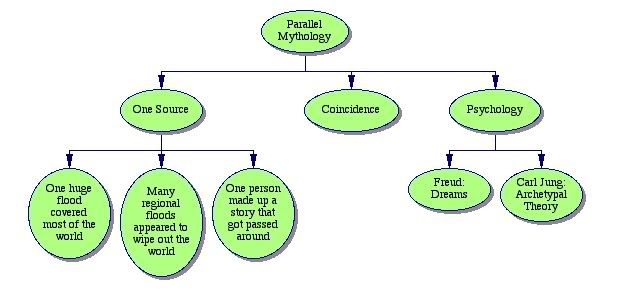EGYPTIAN WEBQUEST INSTRUCTIONS
You may work with partners on the webquest, but I expect all work to be your own. For example, don't complete one section and let your partner complete the other and then switch answers. Everyone should be reading and answering the questions together--the purpose of partners is to help you find an answer if you cannot find it on your own.
IMPORTANT: WHEN YOU ARE DONE WITH THE LAPTOPS, SHUT THEM DOWN ALL THE WAY. Also, wait until the laptop is shut down all the way before you shut the lid on the laptop, or it won't shut down.
Now it's time for the Webquest!
Go to this site: http://www.ancientegypt.co.uk/menu.html
Note: If you finish early, then look around different Egyptian sites. Don't look up stuff other than things about Egypt. You should try these webpages:
The entire text of the Book of the Dead
Background information on the Book of the Dead
Information on the Rosetta Stone
Online hieroglyphics translatter (translate your name or a phrase into hieroglyphics)
IMPORTANT: WHEN YOU ARE DONE WITH THE LAPTOPS, SHUT THEM DOWN ALL THE WAY. Also, wait until the laptop is shut down all the way before you shut the lid on the laptop, or it won't shut down.
Now it's time for the Webquest!
Go to this site: http://www.ancientegypt.co.uk/menu.html
Note: If you finish early, then look around different Egyptian sites. Don't look up stuff other than things about Egypt. You should try these webpages:
The entire text of the Book of the Dead
Background information on the Book of the Dead
Information on the Rosetta Stone
Online hieroglyphics translatter (translate your name or a phrase into hieroglyphics)

